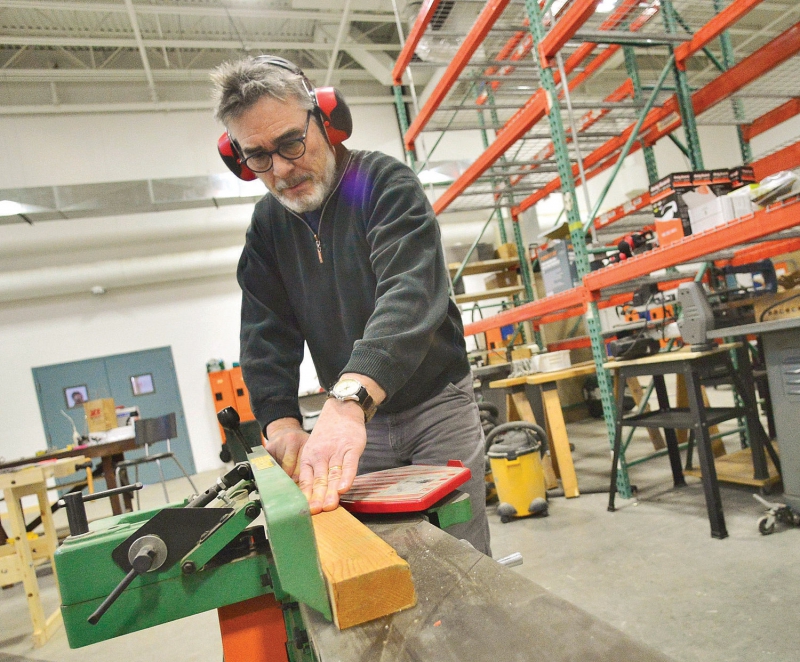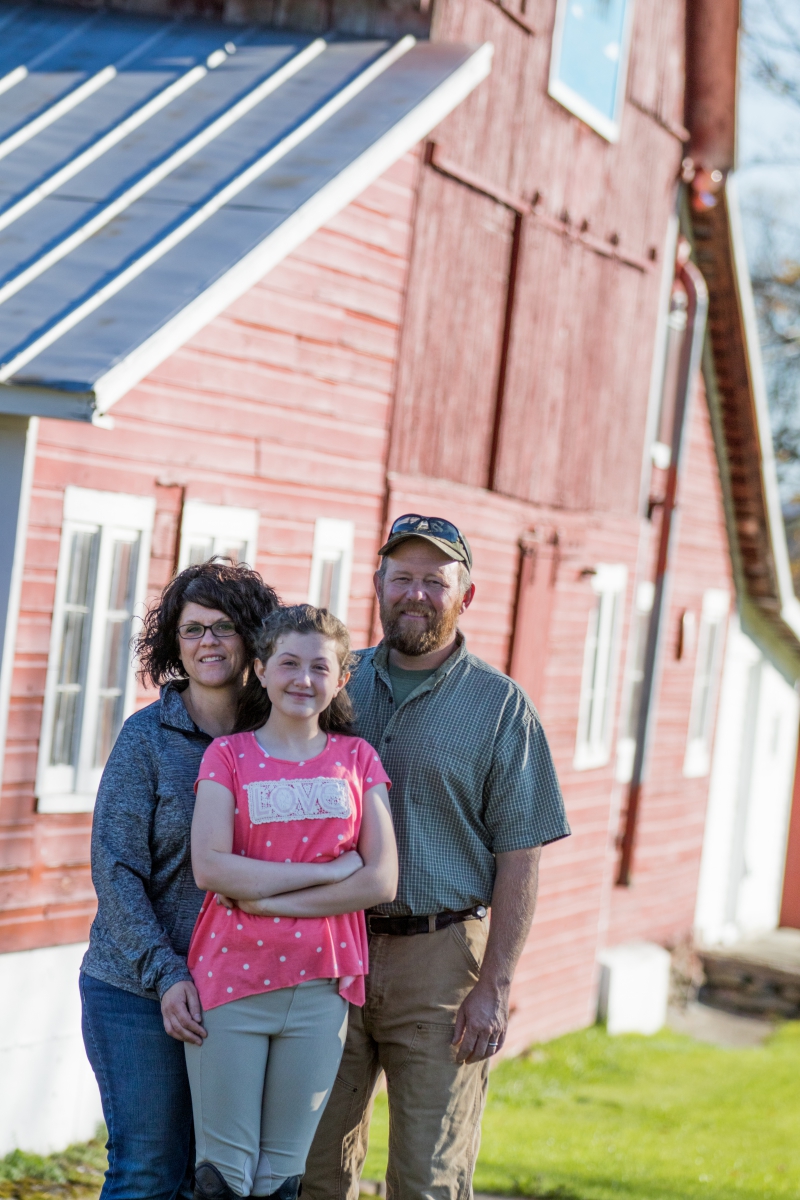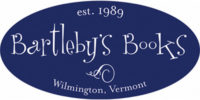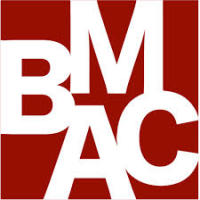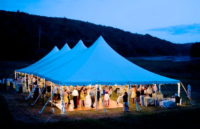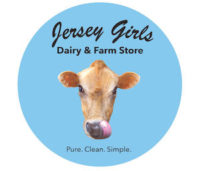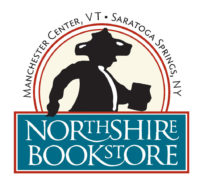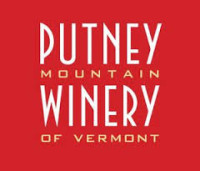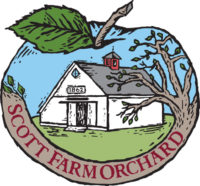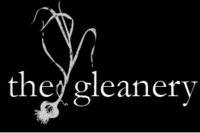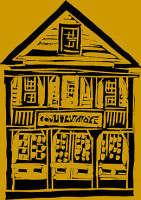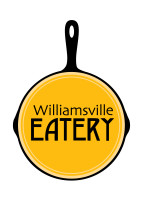Revitalized Historic Warehouse Boasts Roastery, Makerspace
Last year, Mocha Joe’s, a beloved Brattleboro specialty coffee roasting company, won at auction a 19,000-square-foot warehouse on Frost Street in downtown Brattleboro. It was too large for the coffee roaster so they sought other tenants.
At about the same time, cabinetmaker Greg Goodman and humorist, author, voice actor and radio host Tom Bodett (“I’m Tom Bodett for Motel 6, and we’ll leave the light on for you”) were seeking space for a teaching and woodworking makerspace downtown. With help from economic development agencies, a deal was hatched to share the space. Mocha Joe’s needed a place to store coffee beans and to create a roastery for their Mocha Joe’s Roasting Co. Goodman and Bodett wanted to create a community resource for newbies and master woodworkers that they call HatchSpace.
The 501c3 nonprofit HatchSpace now offers members the opportunity to share tools, including expensive industrial equipment that the average hobbyist is unlikely to have in their own shop—for instance, a 22-inch planer and a massive 44-inch belt sander. More importantly, members share knowledge, making themselves available to other members who need guidance or assistance.
“Nothing feels better than making something,” Bodett said. “Making things with your hands is good for you. It’s part of who we are as humans.”
Bodett likened the craft of woodworking to that of storytelling. “It’s the same thing at the Moth,” he said. “When you’re telling a story, there’s something organic that happens that gets at our most primal needs. It’s in our DNA. It’s how we used to communicate everything. It’s all in the story.”
Beyond teaching kids to make skateboards—Boys & Girls Club of Brattleboro is just up the street with a skate park there—HatchSpace plans to offer a variety of programs for skill levels ranging from newbie to expert—most of the current offerings are introductory classes. There are approximately 50 members who pay $180 in quarterly dues for access to the shop and its tools, as well as the expertise of any other makers who happen to be around. Financial assistance is available.
Advisory board member and renowned violin maker Doug Cox explained, “This space promises to provide a place and opportunities for connections to be made and relationships to be built. Good craftsmanship does not grow in isolation, and the HatchSpace can help make something special of our local talent.”
In addition to providing space for HatchSpace, Mocha Joe’s is also renting space to Recycle Away, a company that helps businesses, municipalities, and corporations implement successful recycling system solutions.
How’d They Do it? After winning the warehouse at auction for $1 million, Pierre Capy, owner and founder of Mocha Joe’s, worked closely with the Brattleboro Development Credit Corporation and the Agency of Commerce and Community Development to complete the purchase. They obtained partial funding through the Windham County Economic Development Program (WCEDP), which is administered by the agency’s Department of Economic Development.
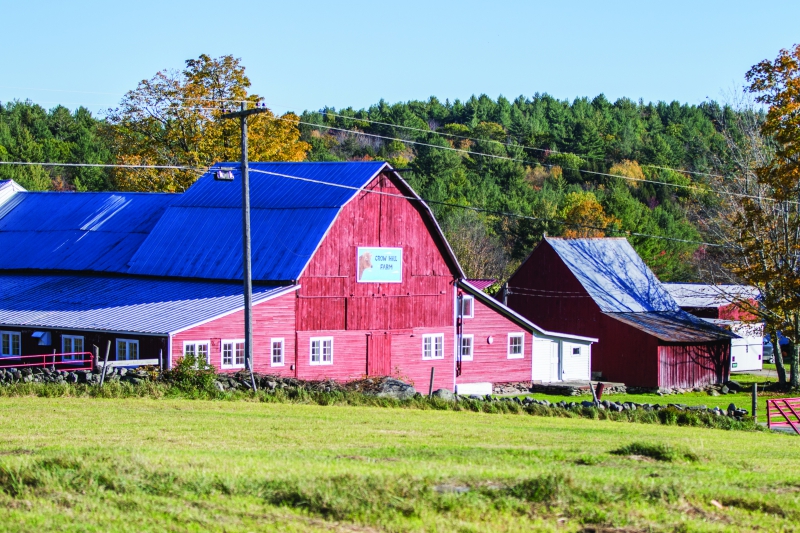
“This farm had been well taken care of and maintained for as long as we can remember by Donald and Helen Farrar and family,” said Tara Gomo. “And now it is our turn.”
Happy Endings for Beloved Farm
The 263-acre Crow Hill Farm in Chester has been part of the community for nearly 70 years. Many people have fond memories of its operation under Donald and Helen Farrar and their family. Donald and Helen purchased the main farmland in the late 1940s and added parcels over the years. They ran the farm as a dairy with a herd of registered Jerseys.
More recently, their sons Alan and Michael kept beef cows there. After their parents passed away, Alan, Michael, and their sisters Linda Keaten and Susan Crocker decided to sell the farm. The family had long been interested in conservation, so they reached out to Vermont Land Trust.
In 2016, VLT purchased the farm through its Farmland Access Program, which helps entrepreneurial farmers find affordable farmland of their own. Greg and Tara Gomo were chosen through a competitive process to find the best new farmers for the land. Greg had worked for the Farrars years ago; he and Tara had been farming for decades and were established in the area. The couple and their daughter live on the farm, sell hay, and breed and raise Labrador retrievers.
The Gomos leased the land for nearly two years while VLT held on to it so that money could be raised to support the farm’s permanent conservation. The easement protecting the farmland from development also ensures that the land will always be available to farm, keeping it in active production.
“This farm had been well taken care of and maintained for as long as we can remember by Donald and Helen Farrar and family,” said Tara Gomo. “And now it is our turn.”
Crow Hill Farm has 90 acres of farmland and 164 acres of managed forest. There are also wetlands, streams, including two tributaries that eventually flow into the Connecticut River, and wildlife habitat—all of which are now protected.
How’d They Do It? Funding for this conservation project came from Vermont Housing and Conservation Board (VHCB), with matching funds from the USDA Natural Resources Conservation Service. Financial assistance from VHCB and NRCS help to permanently protect Vermont’s highest quality agricultural resources. In addition, close to $60,000 was raised from private sources including neighbors and citizens of Chester and surrounding communities.


